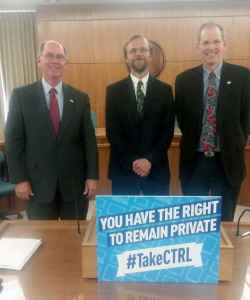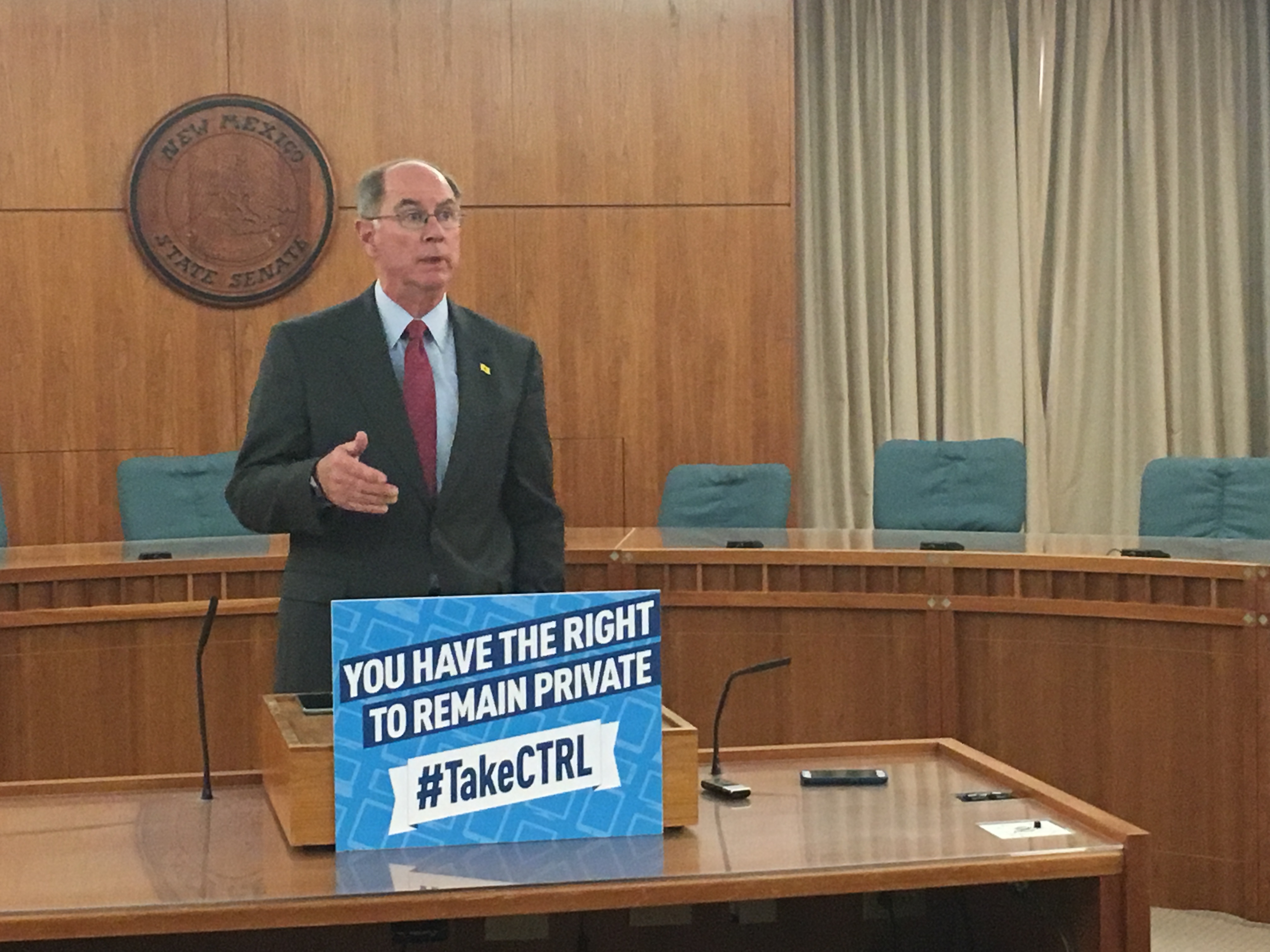PED “anti-disparagement” regulation illegally restricts teachers’ free speech.
ALBUQUERQUE, NM--Today, the American Civil Liberties Union (ACLU) of New Mexico filed a lawsuit against the New Mexico Public Education Department (PED) alleging that a regulation that prohibits public education employees from “disparaging” standardized tests violates New Mexico constitutional free speech protections. The non-disparagement regulation states that teachers and other employees are prohibited from “disparag[ing] or diminish[ing] the significance, importance, or use of standardized tests,” on pain of “suspension or revocation of a person’s educator or administrator licensure or other PED licensure…” In its lawsuit, the ACLU of New Mexico brings multiple state constitutional claims against PED including viewpoint discrimination, denial of due process of law, and violation of New Mexico public school students’ fundamental right to education.
“The Public Education Department can’t enact sweeping restrictions intended to intimidate teachers and silence viewpoints that they don’t like,” said ACLU of New Mexico Staff Attorney Maria Sanchez. “Beyond the illegality of this restriction, there is something unsettling and fundamentally un-American about the government compelling praise for its policies. Our society is in the midst of an important conversation about what role standardized testing should play in education, and the government shouldn’t be trying to forcibly elbow teachers’ voices out of the public square.”
The ACLU of New Mexico filed the lawsuit on behalf of four Albuquerque grade school teachers, a special education teacher in Santa Fe, and an Albuquerque parent who currently has a child in the public school system. The plaintiffs are asking the court to declare the non-disparagement regulation unconstitutional and block its continued implementation in the state.
“Parents need honest and accurate information from teachers in order to make important decisions about what is best for their children’s education and well being,”said plaintiff Mary Mackie, a teacher at Montezuma elementary School in Albuquerque, NM. “As the grandparent of a special needs student, I know that these tests aren’t right for every child. But under the current gag-order, I am forced to keep parents in the dark about any negative consequences testing might have on their child or risk losing my teaching license.”
A full copy of the legal complaint is available at aclu-nm.org: https://www.aclu-nm.org/wp-content/uploads/2016/03/Complaint-FINAL-3-29-16-T.pdf
ACLU-NM Legal Director Alexandra Freedman Smith, ACLU-NM Staff Attorney Maria Sanchez, and ACLU-NM Cooperating Attorneys Laura Schauer Ives, Katherine Wray, and Jane Katherine Girard represent the plaintiffs in this case.
###
Date
Wednesday, March 30, 2016 - 11:30amFeatured image



